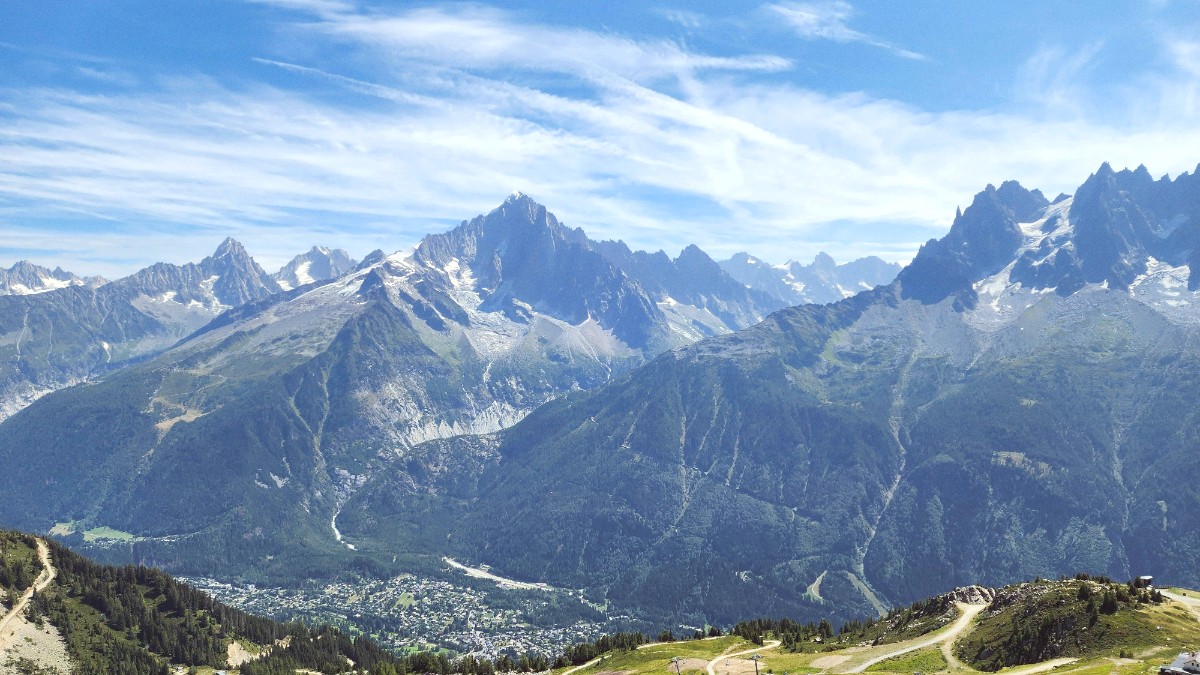
The French Alps, France
The Aiguilles Rouges Nature Reserve protects unique alpine ecosystems. Natura 2000 Sites designate parts of the valley for ecological importance. Glacier retreat demonstrates climate change impacts.
Chamonix has established recycling systems. Sorting bins for glass, plastic, paper, and general waste are available throughout town. Follow local signage for proper disposal.
While the Alps have abundant water resources, responsible water use finds encouragement. Avoid excessive water consumption. Tap water in Chamonix is potable.
Your travel choices contribute to the valley's health.
Consider offsetting the carbon emissions generated by your travel. Airlines often present programs, or you can contribute to reputable environmental projects independently.
Seek accommodations with environmental certifications or those stating commitment to sustainability practices, like energy efficiency, waste reduction, and local sourcing.
Make conscious choices for your purchases while visiting Chamonix.
Support brands that prioritize environmental well-being and ethical production.
Patagonia: Sustainable Outdoor GearChoose reusable products to minimize waste during your travels and at home.
Package Free Shop: Reusable ProductsStay on marked trails, refrain from picking plants, and avoid disturbing wildlife. Pack out everything you pack in. These simple actions protect the delicate alpine environment for future visitors.
Respectful interactions foster positive connections.
Support local artisans and businesses that actively preserve traditional Savoyard crafts, cuisine, and culture. Your support helps maintain local heritage.
Initiate interactions with a polite "Bonjour" or "Bonsoir." Learning basic French phrases shows effort and receives appreciation.
Always ask for permission before photographing individuals, especially children. Be mindful of privacy in residential areas.
If visiting a church or chapel, dress modestly (shoulders and knees covered).
Your travel choices directly impact the local community.
Directly support local businesses, including independently owned restaurants, shops, and guiding services.
Seek out products that are locally made or certified fair trade.
Prioritize dining at local, independently owned restaurants over international chains for authentic experiences.
Be wary of experiences or services that appear exploitative or disrespectful to local culture, people, or the environment. Do not feed wild animals, as this harms their natural behaviors and well-being. Research reputable local charities if you wish to contribute.
Choosing ethical tour operators, such as G Adventures, further supports responsible tourism practices and positive community impact.